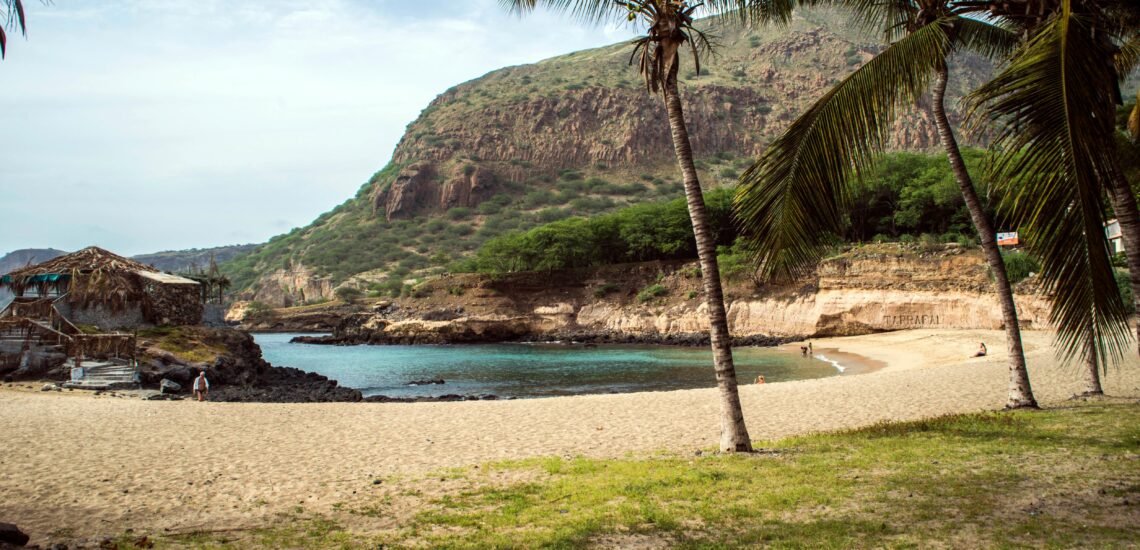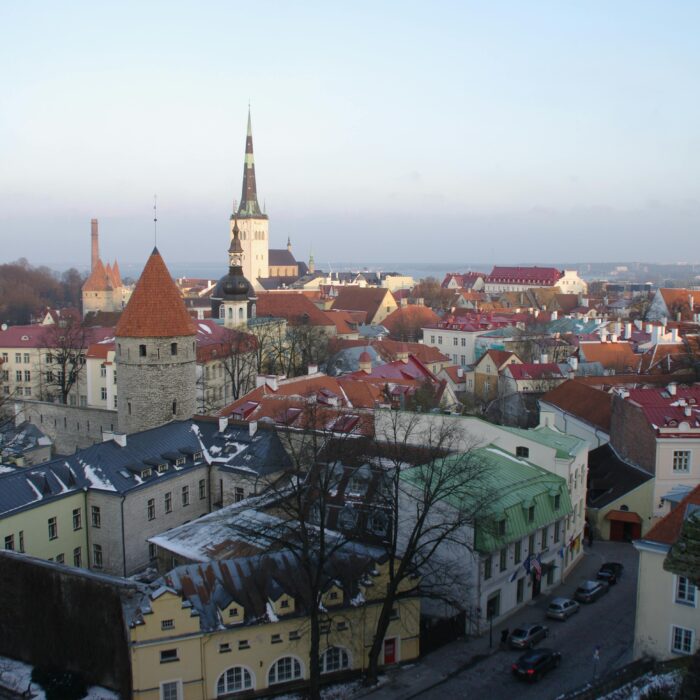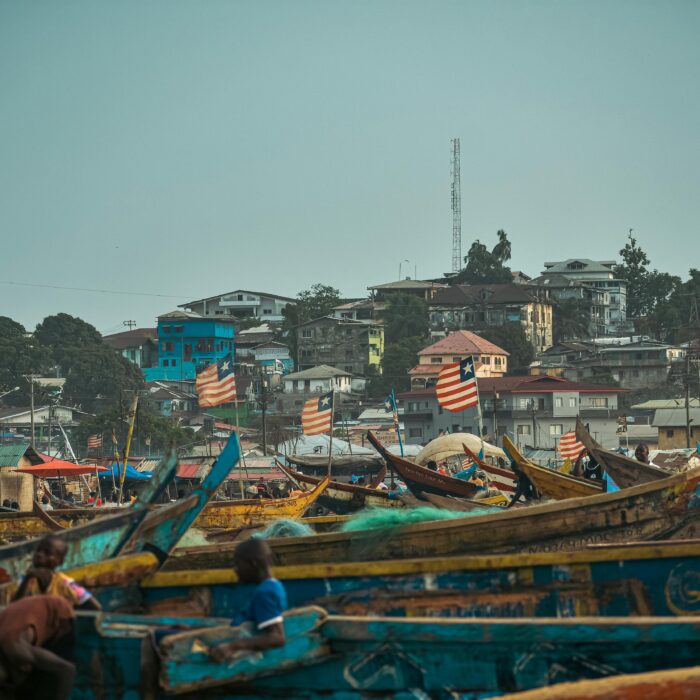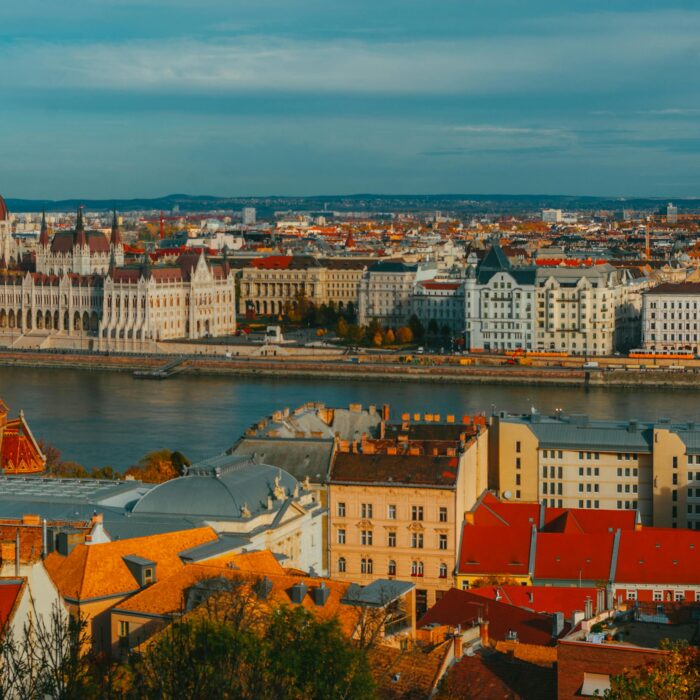Quick facts about Cape Verde:
- Population: Approximately 590,000 people.
- Capital: Praia.
- Official Language: Portuguese.
- Other Languages: Cape Verdean Creole (Kriolu), which has several regional variations.
- Currency: Cape Verdean escudo (CVE).
- Government: Unitary semi-presidential republic.
- Major Religion: Christianity (predominantly Roman Catholic, with Protestant communities).
- Geography: Located off the west coast of Africa, Cape Verde is an archipelago of 10 volcanic islands and several smaller islets in the Atlantic Ocean. The islands are divided into two groups: the Barlavento (windward) and Sotavento (leeward) islands.
Fact 1: Cape Verde is a completely island nation
Cape Verde (Cabo Verde) is a completely island nation. Located off the northwest coast of Africa, it consists of an archipelago of 10 volcanic islands and several islets, spread across the Atlantic Ocean. These islands are divided into two main groups: the windward islands (Barlavento) and the leeward islands (Sotavento).
Cape Verde’s islands are known for their rugged landscapes, volcanic peaks, sandy beaches, and rich cultural heritage. The country is famous for its Creole culture, music (such as the morna and coladeira genres), and its strategic position along historic maritime trade routes. It has a relatively small population but a strong reputation for political stability and economic growth in recent years.
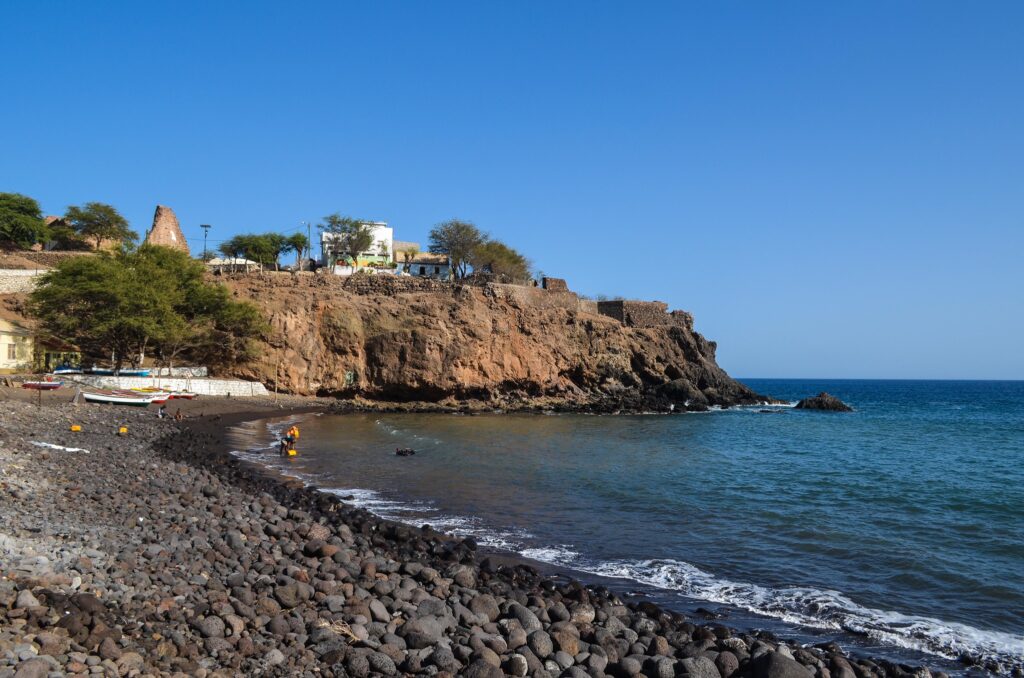
Fact 2: Cape Verde’s population has been severely reduced since the drought of the last century
Cape Verde’s population was significantly affected by severe droughts, particularly in the mid-20th century. The most notable droughts occurred in the 1940s and 1970s, which caused widespread famine and severe economic hardship. These droughts, coupled with limited natural resources, led to significant emigration, particularly to countries like the United States, Portugal, and other parts of Europe, where many Cape Verdeans sought better opportunities.
In the 1970s, for example, the country experienced a devastating drought that led to a significant loss of life and economic collapse. This forced many people to leave, and the Cape Verdean diaspora grew substantially. As a result, Cape Verde’s population shrank during this period, with the country relying on remittances from its emigrants to sustain its economy.
Fact 3: The mountains and landscapes here lend themselves to hiking
Cape Verde is renowned for its stunning landscapes, which are perfect for hiking and outdoor exploration. The islands are characterized by volcanic mountains, rugged cliffs, lush valleys, and scenic coastal areas, making them an excellent destination for hikers and nature lovers.
The most famous hiking spot is Mount Fogo, an active volcano on the island of Fogo, which is the highest point in Cape Verde at 2,829 meters. Hiking to the summit offers dramatic views of the volcanic landscape and the crater, which is home to a small town, Chã das Caldeiras, where locals live and farm despite the volcanic activity.
Other notable hiking areas include Santo Antão, the second-largest island, known for its deep valleys and high mountain peaks. The island offers some of the best hiking routes in Cape Verde, including trails that lead to remote villages and across verdant landscapes. Cova, a volcanic crater on Santo Antão, is a particularly popular hiking destination, offering sweeping views of the island’s rugged terrain.
São Nicolau and São Vicente are also home to impressive mountain ranges and valleys ideal for hiking, with a variety of trails that provide breathtaking views of the islands’ natural beauty.
Note: If you are planning a vacation to Cabo Verde check if you need an International Driving Permit to travel around the islands.
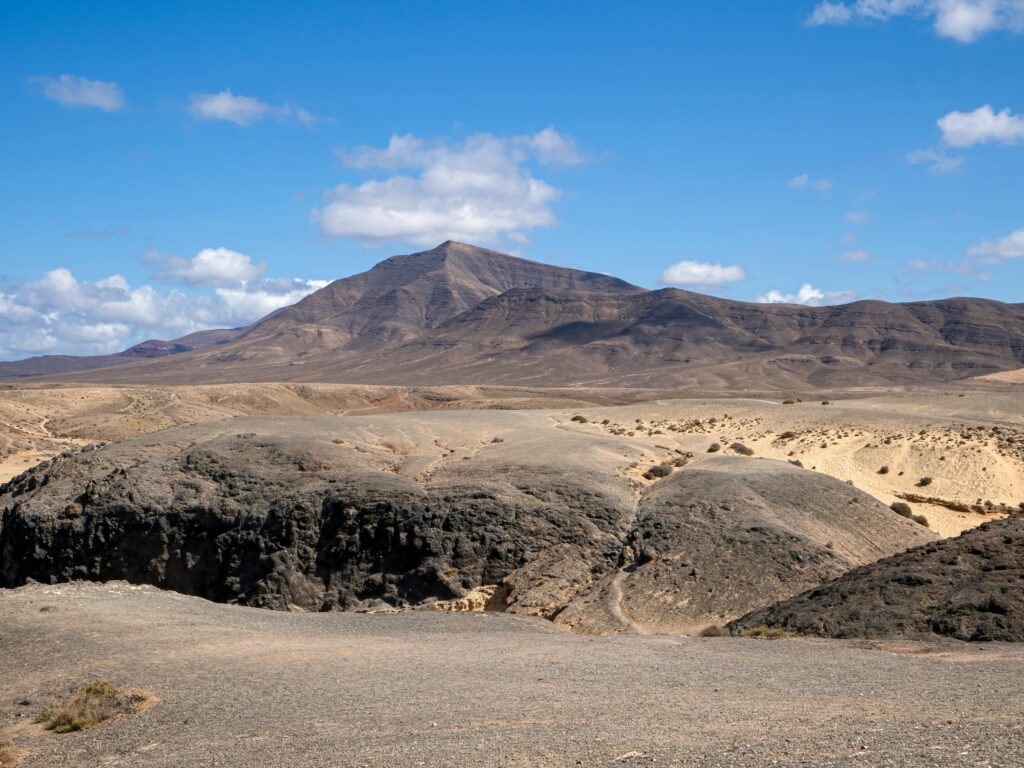
Fact 4: The name of the country has two spellings, English and Portuguese
Cape Verde’s name has two common spellings depending on the language:
- In English, the country is known as Cape Verde.
- In Portuguese, the official language of the country, the name is spelled Cabo Verde.
“Cape Verde” is derived from the English translation of the Portuguese name, Cabo Verde, which means “Green Cape.” The country is known for its beautiful landscapes, diverse culture, and historical significance, especially in relation to the transatlantic slave trade.
Fact 5: Cabo Verde has one UNESCO World Heritage site
Cidade Velha is the historic capital of Cabo Verde, located on the island of Santiago. It was inscribed as a UNESCO World Heritage site in 2009. Cidade Velha was a key location during the transatlantic slave trade and is home to significant historical landmarks, such as the Fortaleza Real de São Filipe (the Royal Fortress of São Filipe), which was built in the 16th century. The city holds great historical and cultural value, reflecting the early European colonial influence and the subsequent blend of African and European cultures.
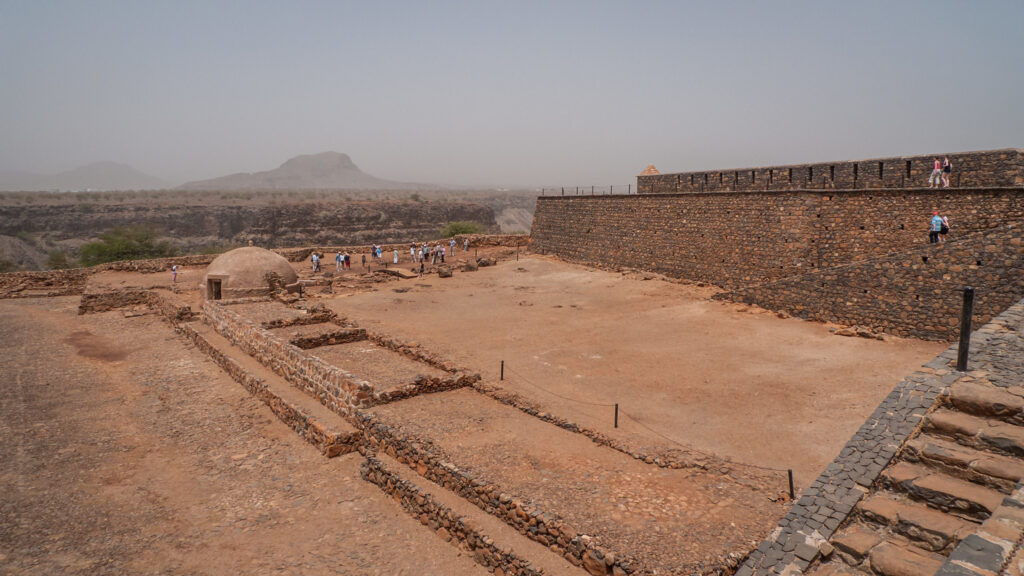
Fact 6: Cabo Verde is an important nesting site for turtles
Cabo Verde (Cape Verde) is an important nesting site for sea turtles, particularly the green sea turtle and loggerhead turtle. The country’s islands, especially Boa Vista and Sal, host some of the largest nesting populations of these species in the Atlantic Ocean. These islands are crucial for the turtles, as they offer sandy beaches that are ideal for laying eggs.
Every year, thousands of turtles arrive on these beaches to nest, and the region plays a significant role in the conservation of these endangered species. The Cape Verde government, along with environmental organizations, has implemented conservation efforts, including patrols to protect nesting sites and awareness campaigns to help safeguard turtle populations.
Fact 7: The only endemic mammal on the islands is the bat
The only endemic mammal in Cabo Verde is the grey long-eared bat (Plecotus austriacus), a species of bat that is unique to the archipelago. This bat is relatively small and nocturnal, feeding on insects. It inhabits various islands within the Cape Verde archipelago, particularly those with more natural or undisturbed habitats.
Cape Verde’s bat is part of the island’s unique wildlife, although the archipelago is more known for its rich birdlife and marine species. The isolation of the islands and their diverse environments have led to the development of various endemic species, but the Cape Verdean bat is the sole mammalian representative among them.
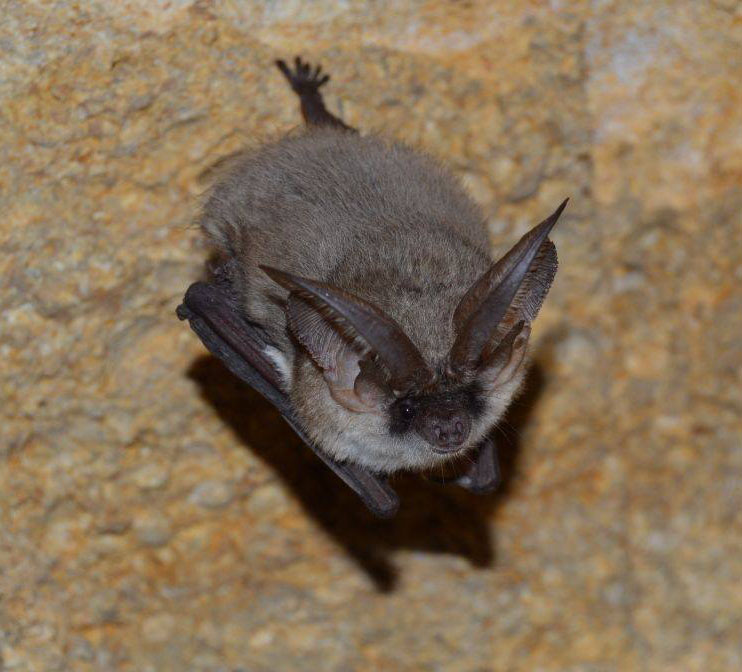
Fact 8: Cabo Verde is a safe country with a developed democracy and freedom of speech
It has a long history of peaceful transitions of power and democratic elections since gaining independence in 1975. The country’s political stability is one of its defining features, and it consistently ranks highly in terms of governance and human rights. Freedom of speech is also well-protected, with independent media operating without significant government interference. Cabo Verde is regarded as one of the safest nations in Africa, with low crime rates, particularly in comparison to many other countries on the continent.
Fact 9: The national drink in Cabo Verde is Grogue
In Cabo Verde, the national drink is Grogue, a traditional alcoholic beverage made from distilled sugarcane. It is often consumed as a strong, homemade liquor, particularly during social gatherings, celebrations, and festivals. Grogue is typically prepared in small distilleries and can be flavored with various herbs or fruits, depending on regional preferences.
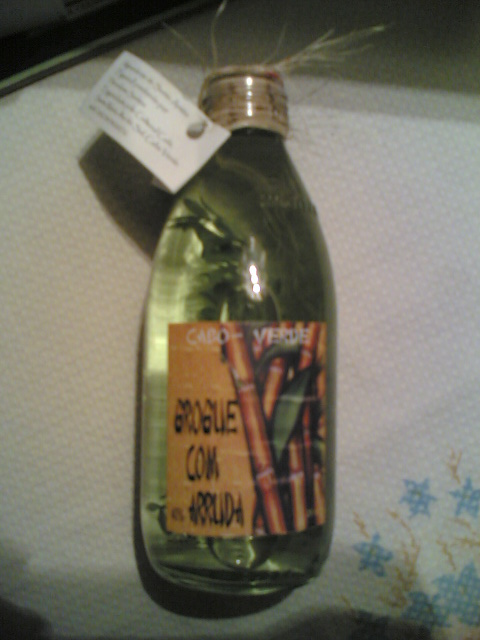
Fact 10: Cabo Verde aims to switch to renewable energy sources
Cabo Verde has made significant efforts to transition to renewable energy sources as part of its commitment to sustainability and reducing reliance on fossil fuels. The country aims to generate 50% of its electricity from renewable sources by 2030, focusing on solar, wind, and geothermal energy. Cabo Verde benefits from its abundant sunshine, making solar energy a key component of its strategy. Wind power also holds great potential due to the islands’ favorable wind conditions.

Published November 10, 2024 • 6m to read

